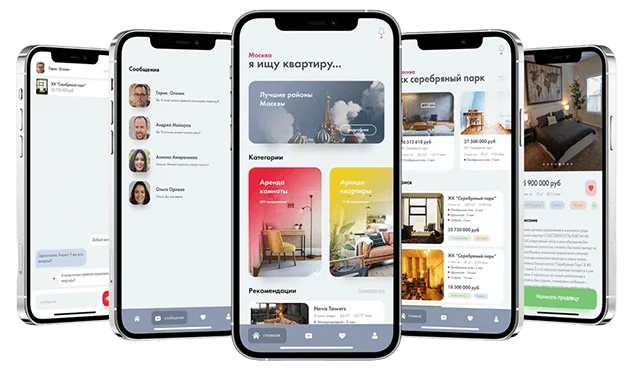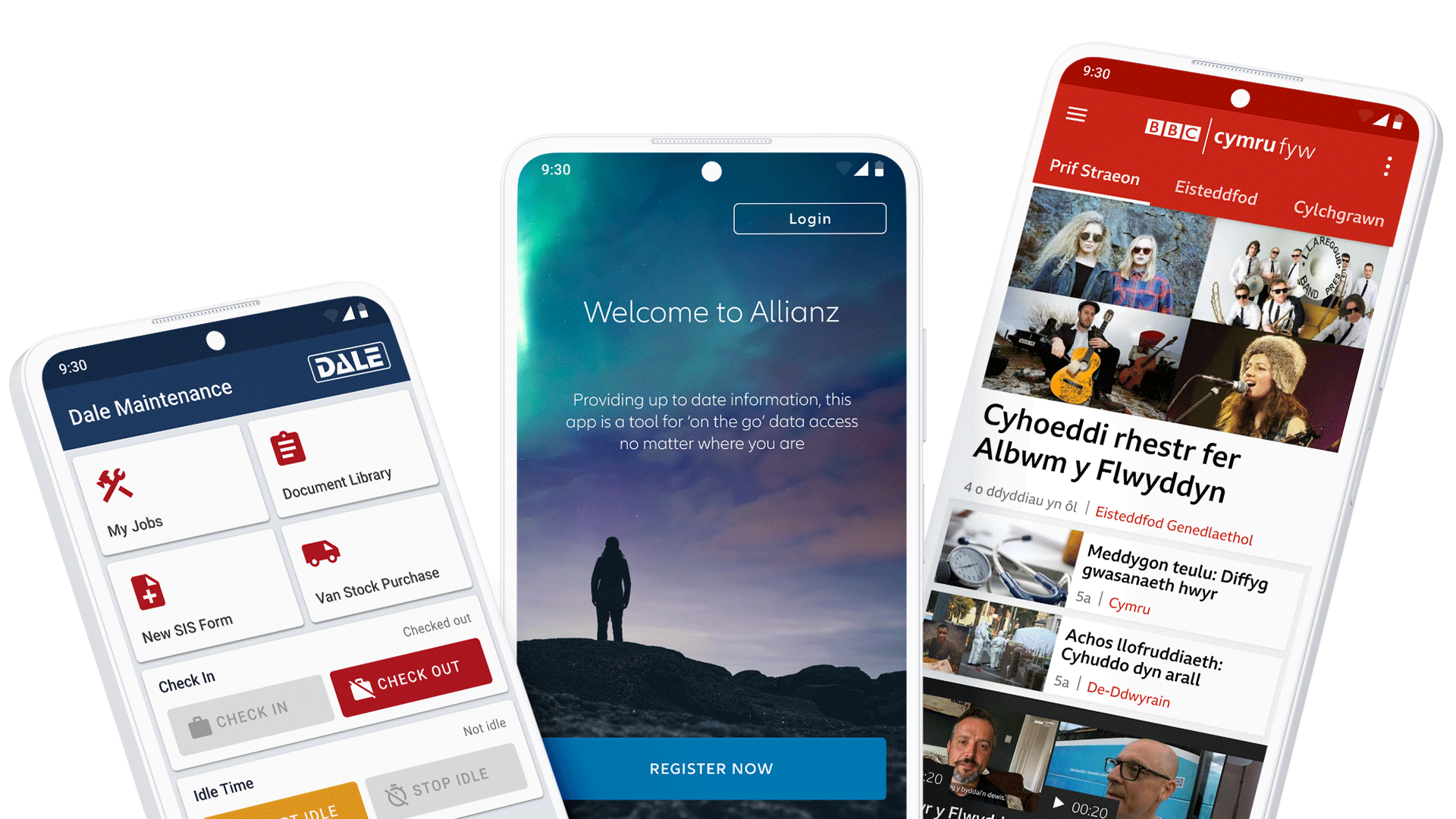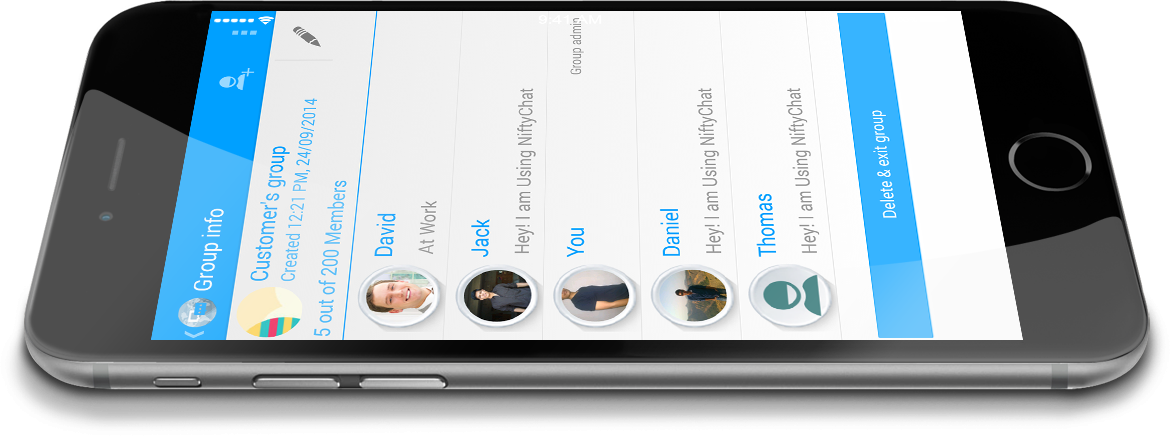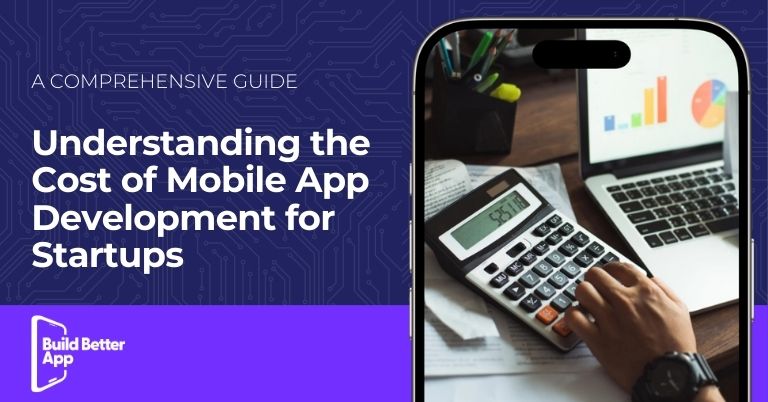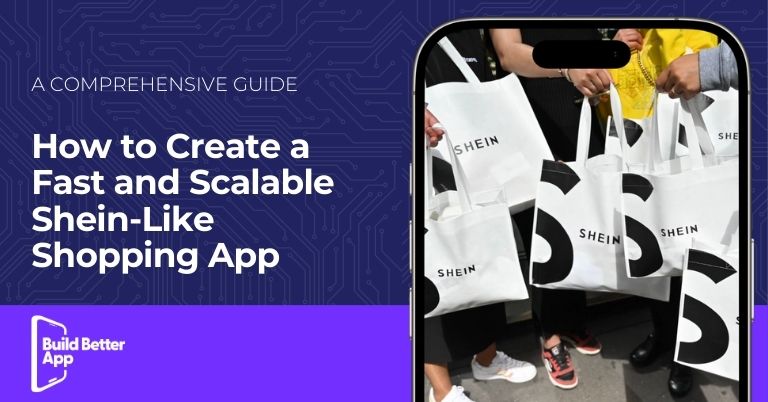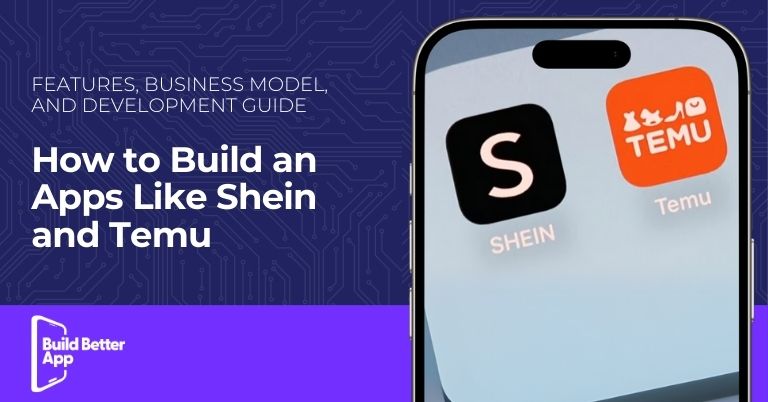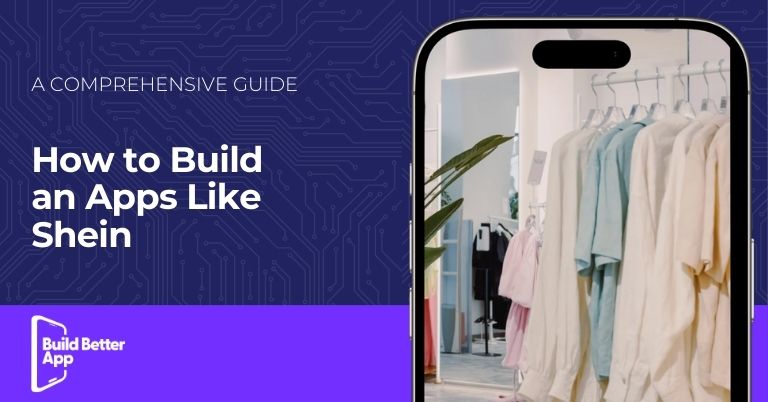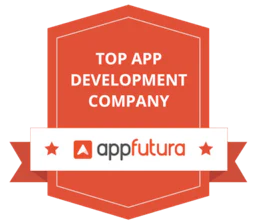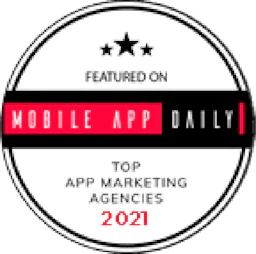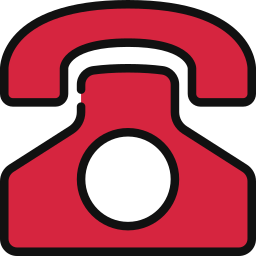Cost of Mobile App Development for Startups
Starting a business in today’s digital world often requires more than just a great idea—it requires an engaging mobile app. Whether you’re launching a new product, service, or brand, mobile app development plays a central role in reaching customers, building engagement, and scaling operations. However, one of the most common questions for startups is: What is the cost of mobile app development for startups?
Building a mobile app can be an exciting yet daunting process, especially when it comes to budgeting and understanding the cost breakdown of app development. In this blog, we’ll walk through the key factors that affect mobile app development costs, discuss pricing models, and provide tips on managing your app development budget for startups effectively.
Read More : MVP App Development for Startups
Key Factors Affecting the Cost of Mobile App Development for Startups
The cost of mobile app development for startups can vary significantly based on several critical factors. Below, we break down the most influential components that can impact your app development budget.
1. App Complexity
One of the biggest factors influencing the mobile app development cost is the complexity of the app. Simpler apps, such as those with basic functionality and minimal features, tend to be less expensive. However, the more complex and feature-rich your app is, the higher the development cost.
- Simple apps: These apps include basic features like user login, contact forms, and static content. A simple app might take around 2 to 3 months to develop.
- Medium-complexity apps: Apps with more advanced features, such as real-time functionality, social media integration, or APIs, can take 3 to 6 months to build.
- Complex apps: These apps might include advanced features like AI integration, augmented reality, or e-commerce capabilities, and can take 6+ months to develop.
The app features you choose will directly impact the development time and overall cost.
2. App Development Phases
Mobile app development is not a one-time process; it involves several phases, each contributing to the overall cost:
- Discovery and planning: During this phase, your team works to define the app’s purpose, target audience, and basic features. This is often the most cost-effective stage, though its importance in setting up the project correctly cannot be overstated.
- UI/UX Design: User interface (UI) and user experience (UX) design are crucial for ensuring your app is user-friendly and visually appealing. The more complex the design, the higher the cost.
- Development: The actual coding and programming are done during this phase. Depending on the complexity of the app, the time required can vary, which influences the budget.
- Testing and QA: Ensuring that the app works flawlessly across different devices and environments requires rigorous testing, which also contributes to the overall app development cost.
- Deployment and maintenance: After the app is launched, ongoing maintenance, bug fixes, and updates are required. The cost of maintenance should be considered in your long-term budget.
Each of these phases contributes to the cost breakdown of app development, and neglecting any phase can lead to higher long-term expenses.
3. Technology Stack
The technology stack used in app development plays a significant role in determining the cost. For example, the cost of developing a native app for iOS or Android can be higher than developing a cross-platform app that works on both operating systems. Additionally, the choice of backend technologies, databases, and third-party integrations can also increase development costs.
Custom apps with unique features that require specialized technologies (like AI, blockchain, or data analytics) will naturally have a higher custom app pricing than simpler apps.
4. Developer Rates and Team Composition
The developer rates can vary depending on the location, experience, and skillset of the team you hire. Rates can differ widely between countries:
- North America and Western Europe: Developers in these regions charge the highest rates, often between $100–$250 per hour.
- Eastern Europe and Asia: You can find talented developers at more affordable rates, ranging from $30–$80 per hour.
- Freelancers vs. Development Agencies: Hiring freelancers may save costs but may lack the full-service capabilities of an established development agency.
Choosing the right team—whether you go for a local or offshore development company—will significantly influence the startup cost.
Read More : Mobile App Strategy for Startups
How to Estimate the App Development Cost for Startups
Understanding how to estimate the mobile app development cost is critical for managing your development budget. One way to get a better estimate is by using an app development cost calculator. This tool considers factors such as app features, platform (iOS/Android), design complexity, and developer rates to generate a rough cost estimate.
Cost Estimation Based on App Type
- MVP App Development for Startups: A Minimum Viable Product (MVP) is a stripped-down version of your app with only the core features. Developing an MVP is a cost-effective way to validate your app idea with customers before building a fully-featured app. The app budget for startups can be significantly lower with an MVP approach, typically ranging from $10,000 to $50,000 depending on complexity.
- Custom-Built Apps: A fully custom app with advanced features can cost upwards of $50,000 to $300,000 or more. These apps are typically designed for larger businesses or startups looking to scale quickly.
App Development Pricing Models
There are several pricing models for app development, and each has its pros and cons:
- Fixed Price Model: A one-time payment for the entire project, which is ideal if you have a well-defined app idea and budget.
- Time and Material Model: This model is more flexible, with payments based on actual work done (hourly or daily). It’s suitable for startups with evolving app features.
- Dedicated Team Model: In this model, you hire a team of developers for a fixed period. It’s ideal for long-term projects but can lead to a higher total cost.
Cost-Effective Development Strategies for Startups
For many startups, the cost of mobile app development can be a significant concern. However, there are several strategies you can use to develop an app without breaking the bank:
- Prioritize Core Features: Focus on the essential features that provide value to users and defer less important features for future releases.
- Use Open-Source Technologies: Using pre-built libraries or open-source tools can reduce development time and costs.
- Outsource to Affordable Regions: Hiring offshore development teams from regions like Eastern Europe, India, or Southeast Asia can help reduce costs.
- Develop an MVP: Start with a basic version of your app to validate your idea before investing in full-scale development.
By following these cost-effective development strategies, you can keep the startup app funding manageable and ensure that your app remains within budget.
Conclusion
Understanding the cost of mobile app development for startups is crucial for budgeting and planning. By considering factors such as app complexity, technology stack, developer rates, and app features, you can create a realistic development budget that aligns with your startup’s needs and goals. Whether you’re building an MVP or a fully-featured app, taking the time to plan and evaluate your options will ensure that you get the most value out of your investment.
FAQs
Q1: What is the average cost of developing a mobile app for a startup?
The average cost can range from $10,000 to $300,000, depending on the app’s complexity, features, and the development team you choose.
Q2: What is an MVP app and how does it affect the cost?
An MVP (Minimum Viable Product) is a simplified version of your app with only core features. It helps startups test their ideas on a small budget before committing to full-scale development.
Q3: How can I reduce the cost of mobile app development?
You can reduce costs by focusing on essential features, using open-source technologies, outsourcing development to affordable regions, and starting with an MVP.
Q4: How long does it take to develop a mobile app for a startup?
The development time can range from 2 to 12 months depending on the complexity of the app, features, and the size of the development team.
Q5: What is a mobile app development cost calculator?
A mobile app development cost calculator is an online tool that helps estimate the cost of building an app based on factors like features, platform, and developer rates.
BuildBetterApp is a top Mobile App Development Company in Des Plaines, specializing in innovative and high-performance mobile solutions tailored for businesses of all sizes. With a strong focus on cutting-edge technology, user-centric design, and seamless functionality, our team delivers custom iOS and Android apps that enhance user engagement and drive business growth. As a trusted Mobile App Development Company in Deerfield, we cater to startups and enterprises alike, providing end-to-end app development services, including UI/UX design, coding, testing, and deployment. Partner with BuildBetterApp to turn your vision into a powerful mobile experience that stands out in today’s competitive digital landscape.

